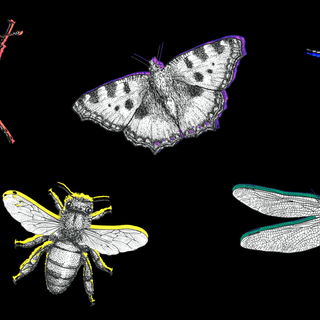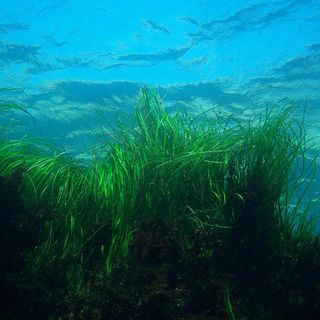New research shows a species of octopus — Octopus rubescens – can adjust to increasing acidification of ocean waters. Ocean acidification occurs with increased amounts of carbon dioxide dissolving in water, which happens because of excess greenhouse gas emissions.
While Octopus rubescens joins a growing list of animals that can adapt to the rapidly changing environment around them, scientists continue to worry that this is not enough to ensure their long-term survival.
Previous research had shown that cephalopods — octopus, squid, cuttlefish, etc — showed negative reactions to a drop in ocean pH levels. But this research, published in Physiological and Biochemical Zoology shows that after an initial shock reaction, Octopus rubescens were able to adjust to acidic waters after one week, and remain stable over a period of five weeks. Researchers believe this may be due to several behavioral and physiological strategies the octopus undertakes to survive. For example, one of the strategies can be channeling energy towards moving to an area with less acidic water.
Yet, researchers believe this might not be enough. They write, “While this species may be able to acclimate to near-term ocean acidification, compounding environmental effects of acidification and hypoxia [oxygen deprivation] may present a physiological challenge for this species.”
Related on The Swaddle:
Study of 23 Million‑Year‑Old Mummified Leaves Shows How Plants Might Adapt to High CO2 Levels
This points to the large, rapid, randomness of climate change. Though several species — like the octopi — have learned to survive certain aspects of climate change, scientists remain certain that they simply cannot evolve, naturally select and breed fast enough to outpace the erratic changes in their immediate environment.
For example — a meta-analysis of 71 different studies showed that birds had to start breeding two weeks earlier in order to ensure their young wouldn’t starve — all because rising temperatures quickened the hatching of the caterpillars the birds ate. Yet, researchers say the rate at which temperatures are rising will outpace these birds’ ability to keep up. Another example — marine species that develop shells do so via the same process called calcification. Yet, ocean acidification is strengthening the shells of blue crabs, gulf shrimp, and American lobsters. Yet, it is also melting the shells of Dungeness crabs, mollusks, and oysters.
Thus, though it is a sign of hope that certain species can evolve to cope with climate change, only time will tell if they can keep at it long enough to survive.




